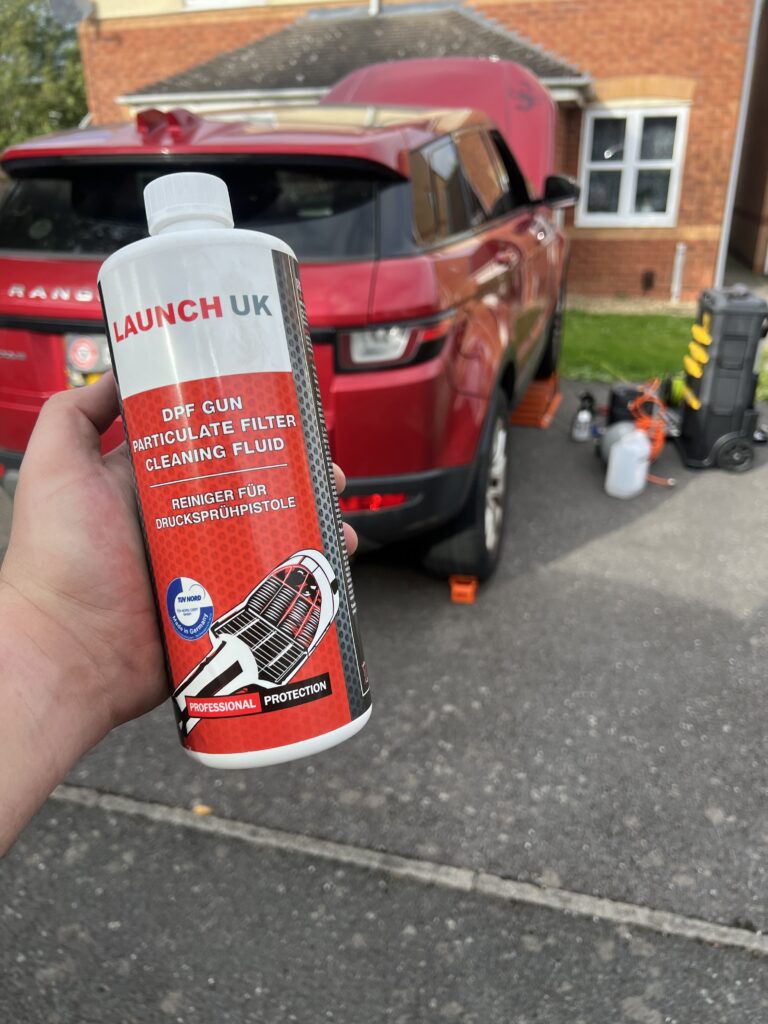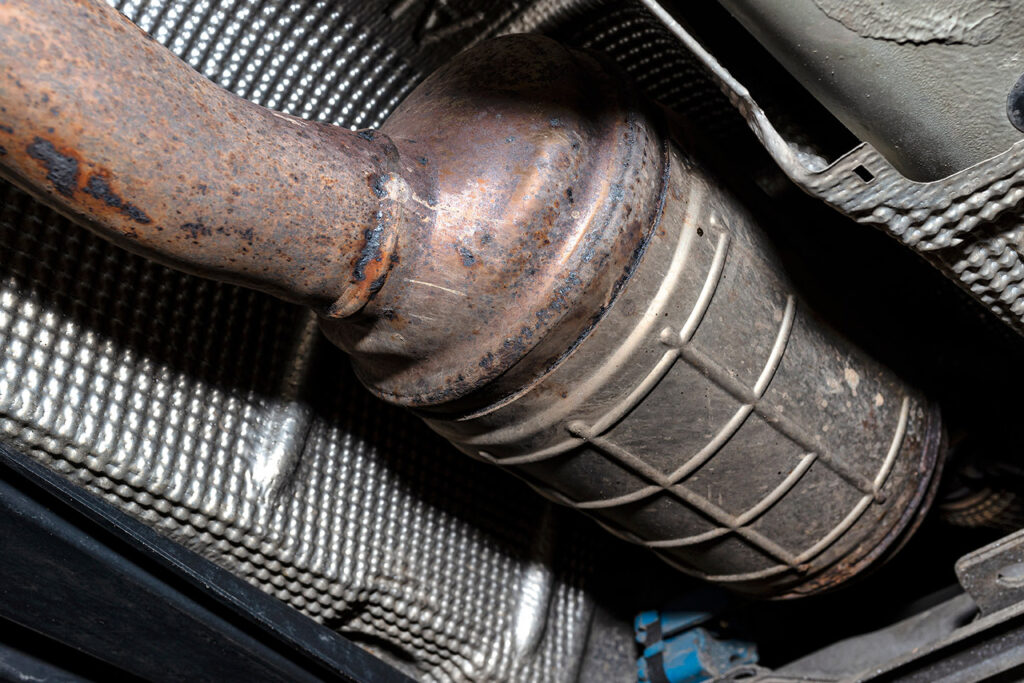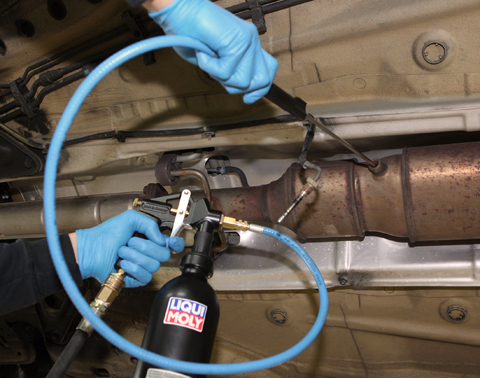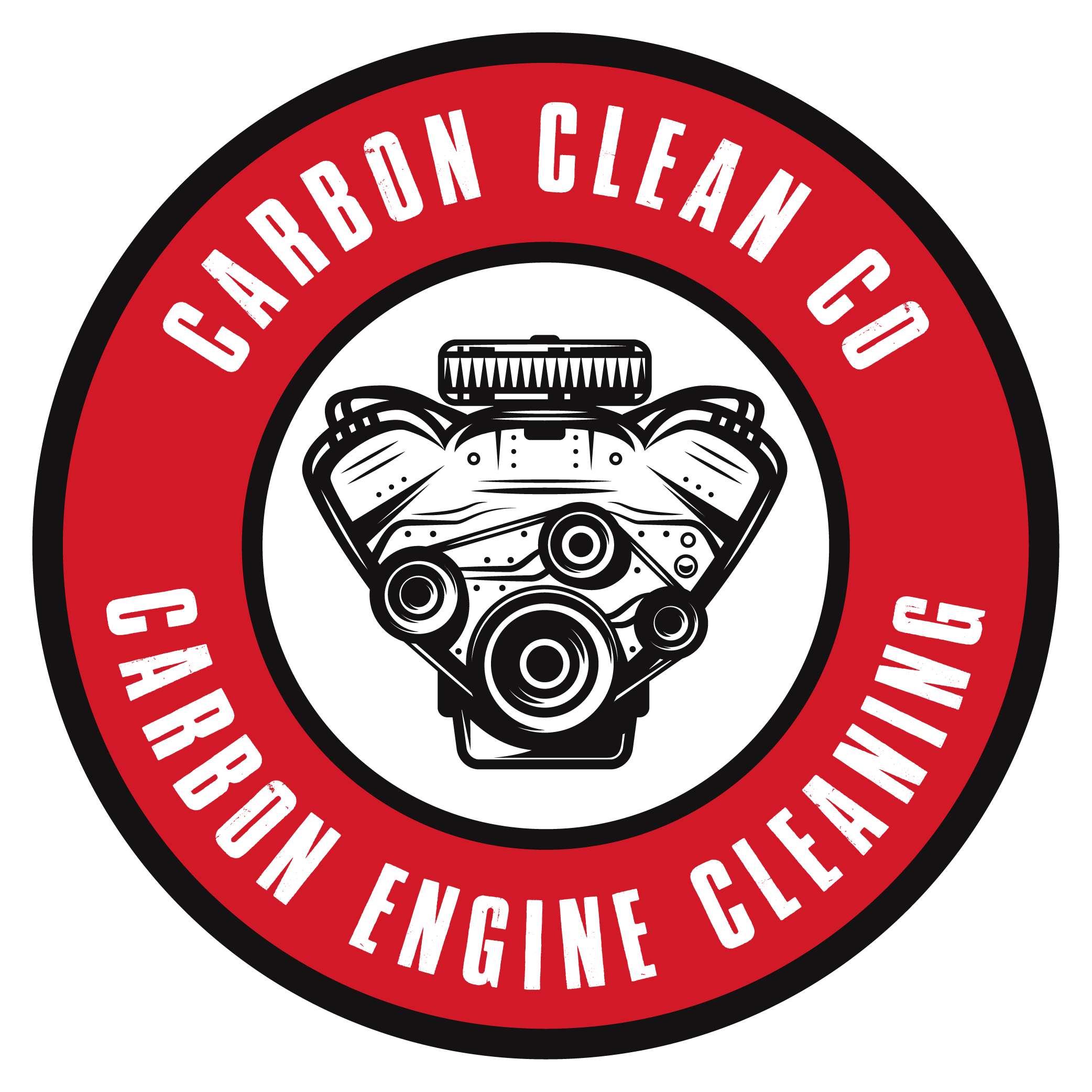Introduction
As our society becomes increasingly conscious of environmental issues, there’s a growing demand for cleaner and more efficient vehicles. Diesel engines have long been a staple in various industries, thanks to their power and fuel efficiency. However, they are notorious for emitting harmful pollutants, such as particulate matter. To combat this issue, Diesel Particulate Filters (DPFs) have been introduced. In this blog post, we’ll delve into the significance of DPF cleaning and why it’s crucial for both the environment and your vehicle’s performance.

What Is a DPF?
A Diesel Particulate Filter, or DPF for short, is an integral component in the exhaust system of a diesel-powered vehicle. Its primary function is to trap and remove particulate matter, including soot and other harmful emissions, from the exhaust gases before they are released into the atmosphere. This helps reduce air pollution and keeps the air we breathe cleaner.

Why Is DPF Cleaning Important?
- Environmental Benefits:DPFs play a crucial role in reducing harmful emissions from diesel engines. By trapping and storing soot particles, they prevent these pollutants from being released into the air. This significantly reduces the levels of particulate matter and black smoke, which are known to have detrimental effects on air quality and human health. DPF cleaning is essential to maintain this environmental benefit.
- Regulatory Compliance:Many regions and countries have strict emissions regulations in place to control air pollution. To comply with these regulations, diesel-powered vehicles are required to have functioning DPFs. Regular DPF cleaning ensures that your vehicle remains compliant with these regulations, avoiding potential fines and penalties.
- Improved Vehicle Performance:Over time, as a DPF accumulates soot and other particulate matter, it can become clogged. A clogged DPF can lead to reduced engine performance, decreased fuel efficiency, and even engine damage. DPF cleaning helps maintain optimal engine performance and prolongs the life of your vehicle.
- Fuel Efficiency:A clean DPF allows for better airflow and combustion, leading to improved fuel efficiency. When your DPF is clogged, the engine has to work harder to push exhaust gases through the filter, resulting in increased fuel consumption.
DPF Cleaning Methods

- Regeneration:Some modern vehicles are equipped with a regeneration system that can automatically burn off the accumulated soot in the DPF by raising the exhaust temperature. This process is called passive regeneration. Active regeneration may also occur under certain conditions when extra fuel is injected into the exhaust to raise the temperature. However, if your vehicle primarily operates in low-speed, stop-and-go conditions, regeneration might not be sufficient, and manual cleaning may be necessary.
2. Manual Cleaning:Manual DPF cleaning involves physically removing the DPF from the vehicle and cleaning it using specialized equipment or cleaning solutions. This process is usually carried out by professional mechanics or DPF cleaning services. It’s essential to follow the manufacturer’s recommendations for cleaning intervals and methods.
Conclusion
In today’s environmentally conscious world, Diesel Particulate Filters play a vital role in reducing air pollution and ensuring compliance with emissions regulations. DPF cleaning is not only essential for maintaining a healthy environment but also for preserving your vehicle’s performance and fuel efficiency. Regular maintenance and cleaning of your DPF will contribute to a cleaner planet and a longer-lasting, more efficient diesel engine. So, if you own a diesel-powered vehicle, make sure to prioritize DPF cleaning as part of your routine maintenance regimen.

Leave a Reply